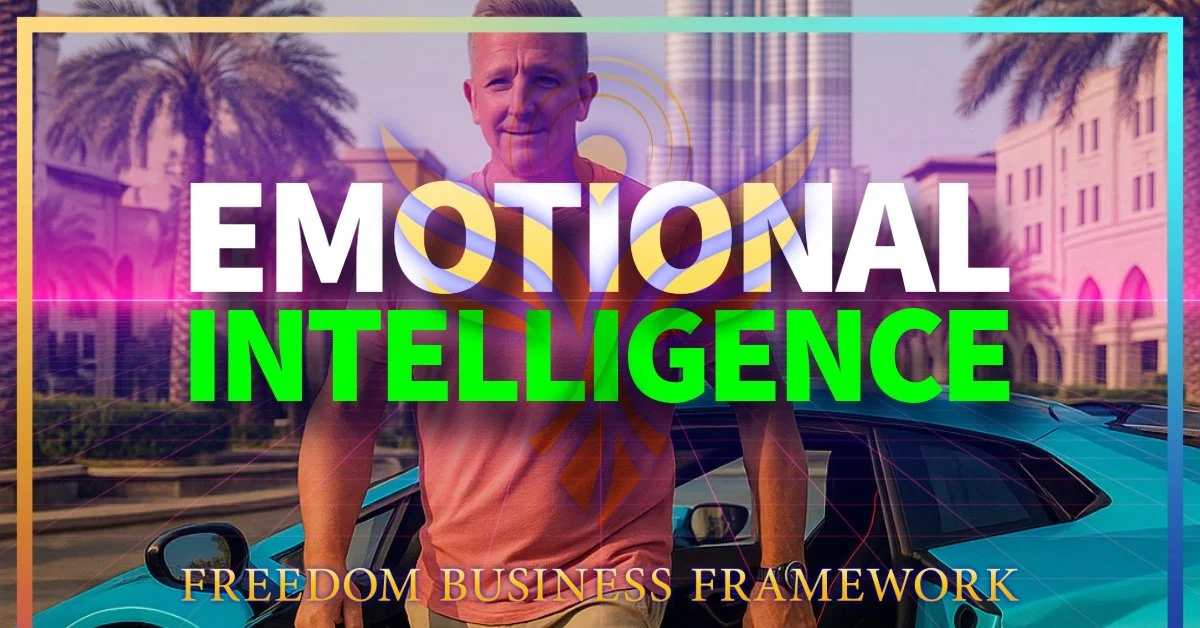Emotional Intelligence
Technical know-how might get you hired, but emotional intelligence (EQ) is what often gets you promoted. Being able to “read the room” – to sense unspoken tensions, moods, and alliances – is like a workplace superpower. People with high EQ navigate office politics and build genuine relationships, rather than stepping on toes. In one hiring example, a candidate’s ability to handle a tough customer with empathy impressed the interviewers more than her technical chops. That’s no surprise: research shows that emotional intelligence is the strongest predictor of performance, explaining *58%* of success in all job types, and that 90% of top performers have high EQ. In short, **how** you handle people and emotions often matters more than **what** you know.
Reading the Room is a Superpower. Ever been in a meeting and noticed two managers exchanging glances – and you could tell something unsaid was happening? If you’re tuned in emotionally, you pick up on those cues. Recognizing subtle shifts in tone or body language lets you adjust your approach on the fly. For instance, if you sense your team is feeling burned out, you might address it openly or lighten the mood, rather than just pushing on. This skill – the empathy to gauge how others feel and the tact to respond appropriately – can defuse conflicts before they erupt. It’s practically a superpower because so many people *don’t* have it. They barrel forward with their own agenda, oblivious to brewing frustration or reluctance around them. The emotionally intelligent professional, however, scans the social environment like radar. They ask themselves: What’s not being said here? Who might be upset or disengaged? By **reading the room**, you gain insight that isn’t in any report or email – insight that can inform smarter decisions and prevent mishaps.
Navigate Politics While Building Allies. Office politics often gets a bad rap, but at its core it’s just human relationships at work. Emotional intelligence helps you handle these dynamics with integrity. Rather than backstabbing or gossiping, people with high EQ build *genuine* allies. They remember colleagues’ birthdays, give credit freely, and sympathize with others’ challenges. As a result, when difficult situations arise – say, two departments fighting over budget – the emotionally intelligent leader can broker peace because they’ve earned trust on all sides. They listen to each stakeholder’s concerns (making each person feel heard), and then find common ground. High EQ also means *self*-awareness: knowing your own triggers and emotions. Leaders who stay calm under pressure and handle criticism without lashing out set the tone for everyone else. By managing your own reactions, you show others that even tough conversations or decisions aren’t personal vendettas. Over time, this steadiness and empathy earn you a reputation as someone people *want* to work with. Colleagues become allies because they know you’ll treat them with respect and understanding.
The great thing about emotional intelligence is that it can be developed. Start by practicing active listening – truly focus on what others are saying instead of formulating your reply. Pay attention to body language (yours and theirs). Ask for feedback to increase your self-awareness. And remember that every interaction is an opportunity to exercise empathy. Whether it’s a small chat by the coffee machine or a high-stakes negotiation, tuning into the human element will set you apart. In a world where many professionals avoid “soft” stuff, your ability to navigate feelings and relationships is a clear differentiator – one that makes you both a better colleague and a more effective leader.

